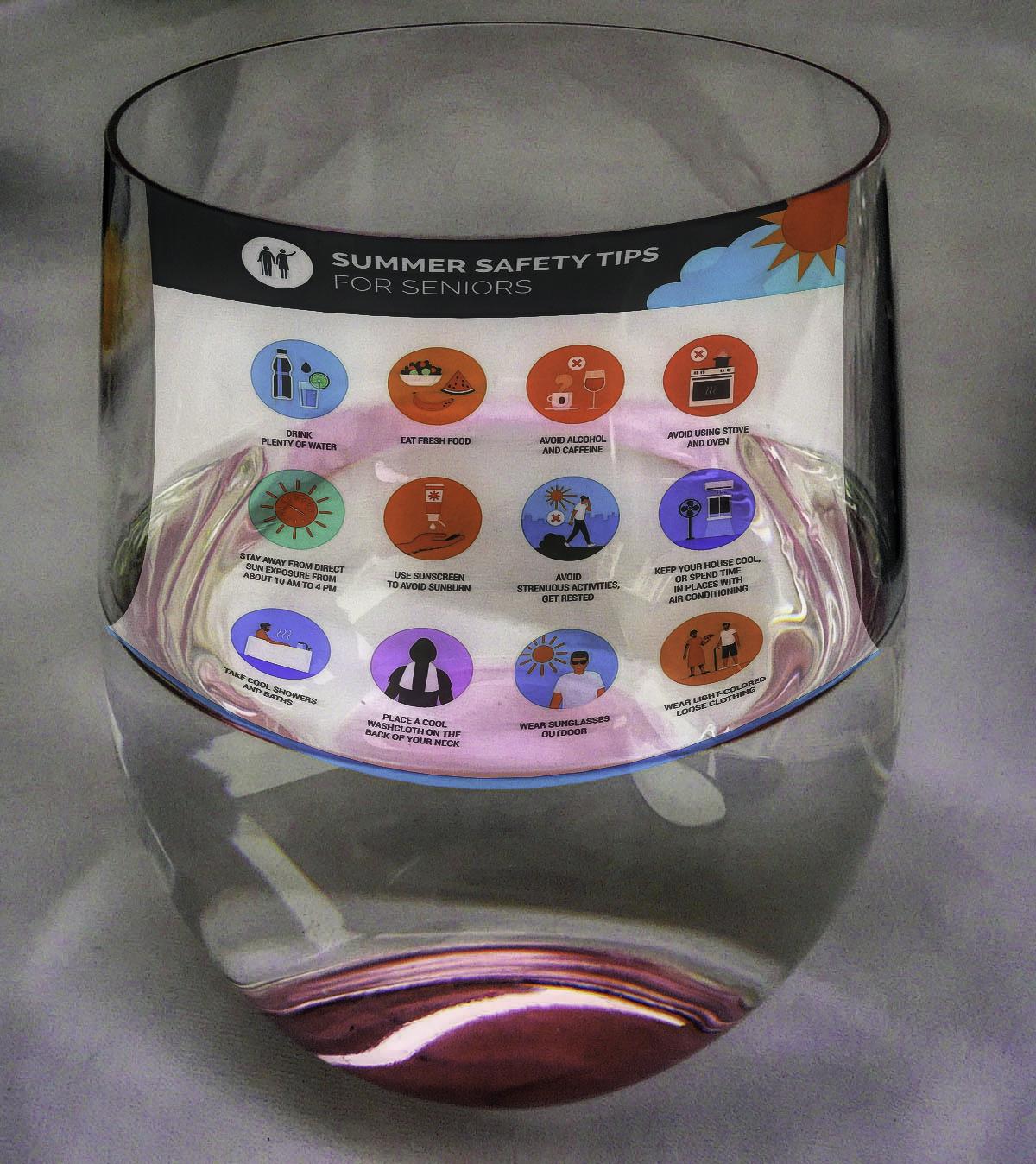In the bustling marketplace of health advice, where every guru and guide seems to carry a megaphone, hydration stands as one of the most frequently trumpeted tenets. “Drink more water!” echoes from fitness blogs, wellness podcasts, and even casual conversations, as if hydration were a magic elixir capable of solving a myriad of health woes. Yet, as we find ourselves swimming in a sea of water bottles and hydration apps, a question bubbles to the surface: Is the emphasis on hydration in health discussions truly justified, or has it been overblown? This article seeks to dive into the depths of hydration advice, exploring its origins, its scientific backing, and whether our focus on fluid intake might be overshadowing other crucial aspects of health. Join us as we sift through the streams of information to discern whether this liquid wisdom holds water.
Balancing the Hype: Understanding the Real Importance of Hydration
In the bustling world of health and wellness, it’s easy to get swept away by the latest trends, and hydration has certainly taken a spotlight. While staying hydrated is undeniably important for maintaining bodily functions, such as regulating temperature and lubricating joints, the sheer volume of advice can sometimes overshadow the nuances of individual needs. The key lies in understanding that hydration is not a one-size-fits-all solution. Factors like age, climate, physical activity, and even dietary habits play crucial roles in determining how much water one truly needs.
- Age: Younger individuals often require more water due to higher metabolic rates.
- Climate: Hotter environments can increase fluid loss through sweat.
- Physical Activity: Active lifestyles demand more hydration to compensate for perspiration.
- Diet: Consuming water-rich foods can significantly contribute to daily hydration needs.
Thus, while the mantra of “drink more water” is well-intentioned, it’s crucial to approach hydration with a personalized lens. Listening to one’s body signals, such as thirst, and considering lifestyle factors can lead to a more balanced and effective hydration strategy. Remember, it’s about quality and context, not just quantity.

Beyond the Eight Glasses: Tailoring Hydration to Individual Needs
It’s time to step beyond the rigid mantra of drinking eight glasses of water a day and embrace a more personalized approach to hydration. The human body’s fluid needs are as unique as fingerprints, influenced by a myriad of factors such as age, gender, activity level, and even the climate one inhabits. While some may thrive on the standard recommendation, others might find it falls short or exceeds their body’s requirements. Understanding your body’s signals is crucial; thirst should be your primary guide, not a one-size-fits-all rule.
Consider the following when tailoring your hydration:
- Activity Level: Athletes or those with physically demanding jobs may need significantly more fluids.
- Environment: Hot and humid climates increase sweat loss, thus raising water needs.
- Dietary Choices: High-protein or high-sodium diets can increase the need for water.
- Health Conditions: Certain illnesses or medications can affect hydration levels.
By acknowledging these individual differences, one can develop a hydration strategy that truly supports overall health and well-being.

Hydration Myths Debunked: Separating Fact from Fiction
In the realm of health and wellness, hydration is often touted as the cornerstone of a healthy lifestyle. However, the abundance of advice surrounding it may sometimes feel overwhelming or even misleading. One of the most common myths is the notion that everyone needs to drink eight glasses of water a day. This advice, while well-intentioned, fails to consider individual differences such as age, activity level, and climate. Instead, it’s more practical to listen to your body’s natural signals, like thirst, which is a reliable indicator of your hydration needs.
- Myth: Drinking more water always leads to better skin health.
- Fact: While staying hydrated can help maintain skin elasticity, other factors like genetics and diet play a significant role.
- Myth: You should avoid coffee and tea as they dehydrate you.
- Fact: These beverages can contribute to your daily fluid intake and are not dehydrating when consumed in moderation.
Furthermore, the idea that all hydration must come from plain water overlooks the hydration potential of other sources. Foods like fruits and vegetables, as well as beverages like milk and herbal teas, can contribute significantly to your daily fluid intake. The key is to maintain a balanced approach and recognize that hydration is just one piece of the larger health puzzle.

Practical Tips for Optimal Hydration in Everyday Life
While it’s easy to get swept up in the myriad of hydration myths, finding a balance is crucial for maintaining health. Here are some actionable tips to help you stay optimally hydrated throughout your daily routine:
- Start your day with water: Kickstart your metabolism by drinking a glass of water first thing in the morning. This not only helps to rehydrate your body after a night’s rest but also sets a healthy tone for the day.
- Incorporate hydrating foods: Include fruits and vegetables with high water content in your meals, such as cucumbers, watermelon, and oranges. These foods not only contribute to your hydration levels but also offer essential nutrients.
- Customize your hydration: Listen to your body and adjust your water intake according to your activity level, climate, and personal needs. Remember, thirst is your body’s natural signal to hydrate.
- Set reminders: If you often forget to drink water, set hourly reminders on your phone or use apps designed to track your water intake.
- Choose your beverages wisely: While water is the best choice, herbal teas and diluted fruit juices can also contribute to your daily hydration.
By incorporating these practical tips into your daily life, you can achieve a well-hydrated state without feeling overwhelmed by the pressure of consuming a specific amount of water each day. Remember, the goal is to maintain balance and listen to your body’s needs.
